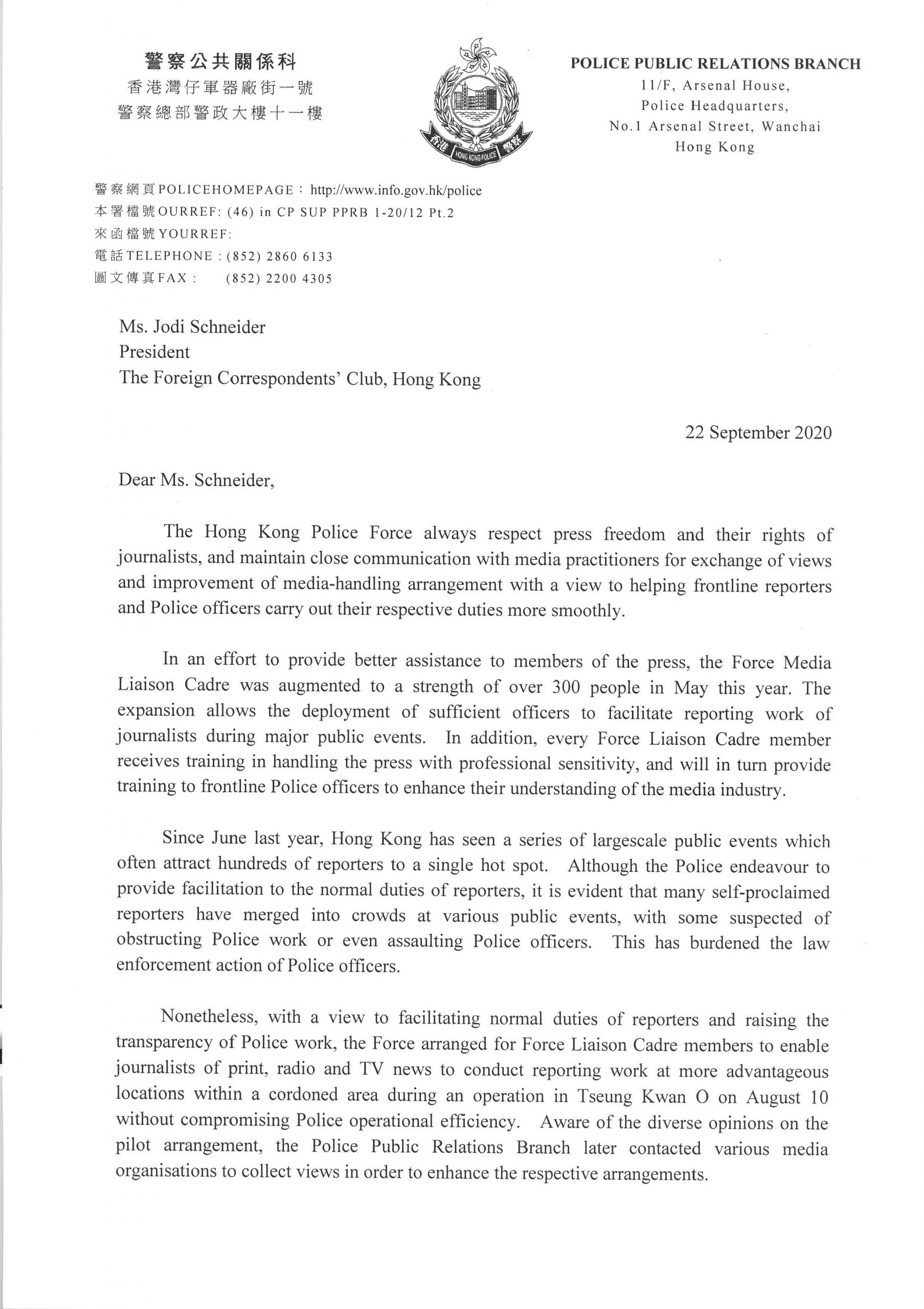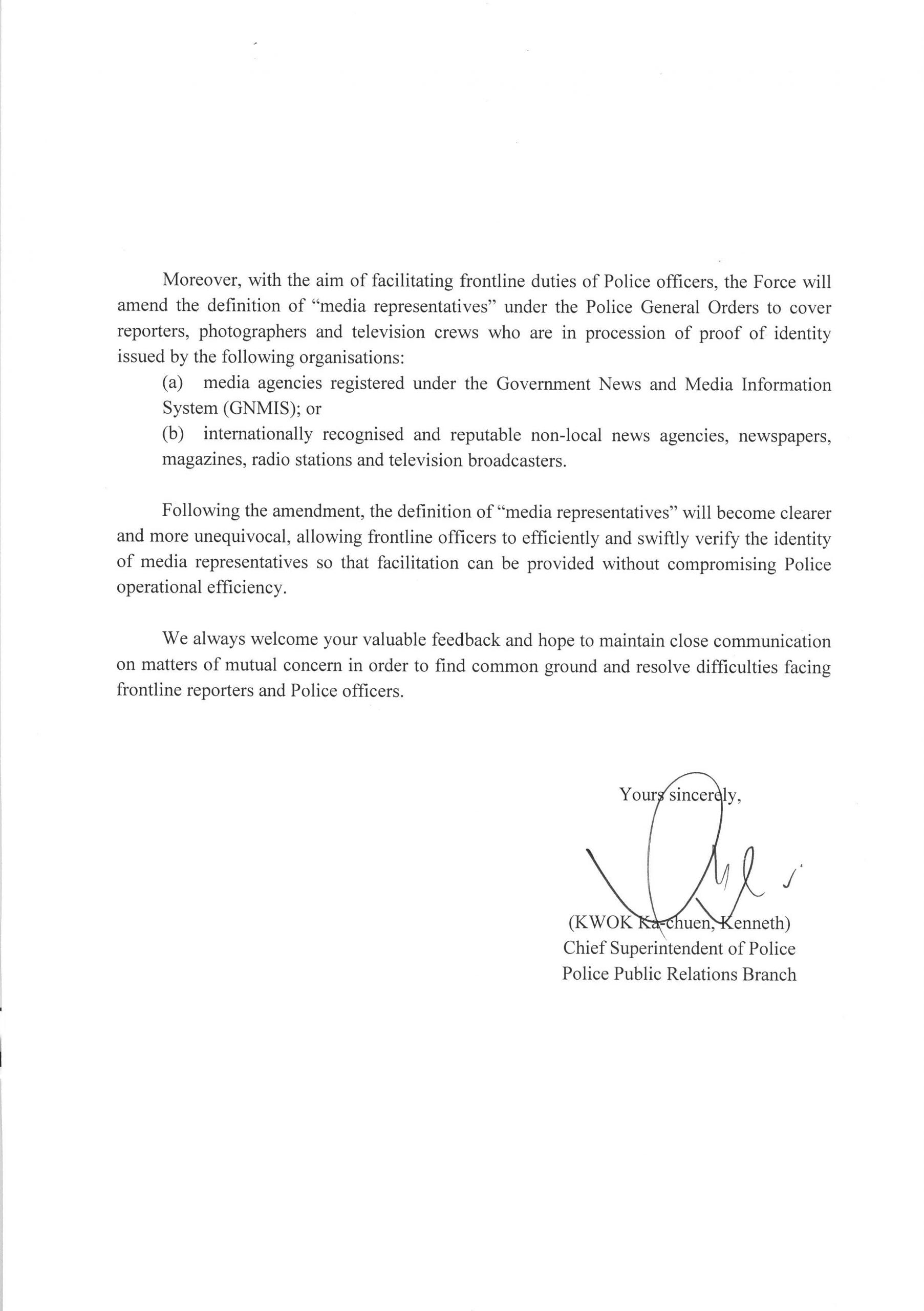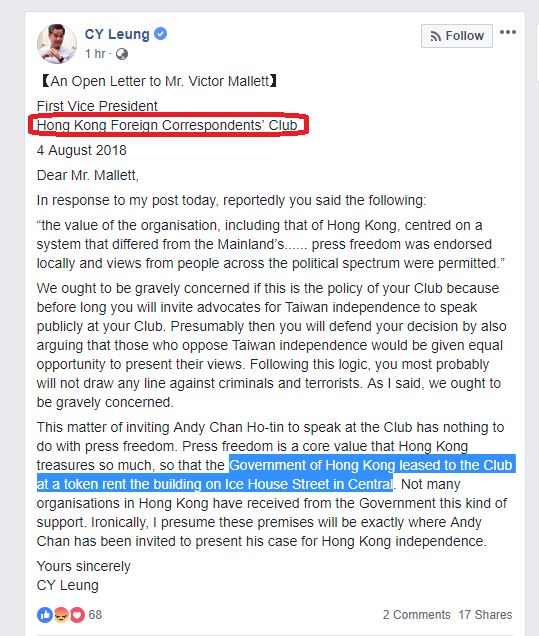Sir David Tang KBE, Chevalier de I’Ordre des Arts et Lettres made a lunchtime speech and answered questions at the FCC on the 18 February, 2016. This is the transcript of his speech, watch the video for the post speech questions.
A Martian reading our chief executive’s 2016 Policy Address might be forgiven for believing that all is hunky-dory in town, and that it has landed on the best planet in the solar system.
The policy address mentioned how to innovate for the economy, improve livelihood, foster harmony, and share prosperity. What better headings could there be?
The only problem is that human beings on Earth lie. The Martian will soon find out enough because it is intelligent, and has got eyes and ears.
But in fact, the policy address was a silent contortion on the truth.
Does anyone here really believe that the government, our government, fosters harmony or shares prosperity? Does the government believe that it fosters harmony and shares prosperity? I believe these words are patronising and condescending at best, and at worst, meaningless.
In any event, in the policy address, there was not a half-cedilla on the Umbrella Movement last year, perhaps the single most significant political event in Hong Kong since the riots in 1966; nor a mention on the defeat within LegCo of the introduction of universal suffrage for the election of the chief executive.
Indeed, in the entire two hours spent in delivering his address, the chief executive did not give the slightest hint of an amoeba of political or social dissatisfaction, yet a great deal of dissatisfaction is prevalent. It was no surprise therefore, that even before the chief executive began his address, four members of LegCo were removed for protesting against his favourite past-time of sweeping what he regards as rotten political dust under the carpet.
The supreme paradox for me is the opening line of his address.
“Since taking office, the current term government has focused its efforts on promoting democracy,” so CY Leung smugly said.
This was his first sentence.
Whoever wrote that for the first sentence for the chief executive, if he himself did not write it, must be a comedian; or perhaps a monkey who accidentally typed up those words on a typewriter. What it all means to me is the disingenuousness of our chief executive and government, and the contempt with which they hold us, the citizens of Hong Kong.
But should we have expected anything else? After all, throughout the Umbrella Movement, our chief executive steadfastly refused to meet the protesters. We should remember that even Li Peng, even Li Peng, the hardcore, hardline Chinese Premier at the time received Wu’er Kaishi, and what’s more, in full view of national television.
By comparison, our Chief Executive hid behind the azaleas at Government House and pushed out that diminutive figure of Chief Secretary Carrie Lam, who fluffed around with absurd preconditions and insisted on meeting the students behind closed doors.
You understand how parochial we seem, already.
It all further means that our chief executive does not have the bottle to confront difficult issues, yet that is precisely the one quality that we should demand in our leader.
We certainly don’t want one who totally ignored the heat of our political and social conditions and instead spent half of his speech pontificating the woolly symbols of “One Belt, One Road”, which was mentioned 48 times. Quite apart from the embarrassing unctuousness towards the Chinese president, what on earth would an ordinary citizen of Hong Kong care or understand about One Belt, One Road?
I even doubt that a singular tycoon in Hong Kong could name more than two countries on the original Silk Road that was the inspiration for One Belt, One Road. Is our chief executive really trying to push Hong Kong trade, and our financial services, across Kazakhstan, Uzbekistan, Turkmenistan, Iran, Iraq… and inexorably into the heart of the terrifying Islamic State?
Borat might have been able to get away with it, with humour – but hardly our sombre Chief Executive with any degree of seriousness.
Therefore if I were to hold out any hope for a better Hong Kong, I would first wish for a much stronger, and much more effective chief executive. I know this sounds [like] self-evident truth, but that is what we need to focus on.
By which I mean someone who would least appear to represent the people of Hong Kong, and not fearful of relaying to the Chinese authority those views which are considered to be discordant music to the ears in the north.
But the most preponderant misreading on the part of the chief executive of Hong Kong is to second guess what the Chinese government does not want to hear. These furtive considerations do great damage to the status of the chief executive, because even before asking, he has turned himself into a puppet on a string, dancing obsequiously of the tunes and echoes of Zhongnanhai.
I would even wish for a chief executive who was cunning enough to persuade the Chinese government to hear openly the grievances of Hong Kong, whilst knowing full well that they would fall on deaf ears. But at least under these open circumstances, we will obtain an airing of what those grievances are, then sooner or later people will become conscious for the need of compromise.
And therein lies the secret of civilisation: divergent views being brought closer together openly, through peaceful, intellectual and intelligent negotiations.
That, in a nutshell, is what Hong Kong is crying out for. A mediator, or a group of mediators who could bring those pan-democrats and the stiff establishment around the same table and begin the process of some kind of reconciliation.
As a citizen of Hong Kong, born and bred below Lion Rock, I was really sad to see the anger – or should I say Tourette’s – displayed by those well-meaning legislators who were ejected from the chamber in front of an ossified face of our Chief Executive.
These tribal confrontations exemplify deep bitterness and resentment, and precisely represent the fundamental and symptomatic illnesses of our territory.
They are similar to the rifts between the Shiite and the Sunni, the Arabs and the Jews, and the North and South Koreans. But there is so much more hope of a lasting ceasefire in our case because we have, thankfully, at least not shed any real blood. Not yet.
Indeed, the Chinese authority could simply transform our entire livelihood tomorrow by becoming a mediator of the two opposing sides. The two sides must meet, they must sit down opposite each other; they must start talking. They must carry a modicum of good will on each of their parts.
It is only when the stinging palpitations of our political polarisations are diffused, that we can once again return to a marvellous and civilised legislature that has served Hong Kong well, before its fragmentations and the damaging of the fabric of our society before our own eyes.
If we’re not careful and simply let alone the sour enemies sit inert, in stalemate across each other on the chamber floor at LegCo, then we will be throwing away what we have managed to build, totally against the odds, a solid and banished rock that was once considered merely as barren.
Churchill was supposed to have said “democracy is the worst kind of government, except for those others which have been tried.” I should like to think that Hong Kong is the worst kind of place in which to live, except for those others which have been tried.
My point here is that, given all the problems we have, with a deteriorating administration which half confesses itself to have a legislature that is becoming ungovernable and losing confidence amongst the majority of the population by the day, with a chief executive whose popularity is at a historic low, we must cling on to Hong Kong as our home, but we cannot afford to stand by our status quo.
Our government has been growing apart from the people of Hong Kong and they must anticipate trouble. Already, there are over one million people in Hong Kong who are trapped by poverty, and they cannot be too pleased about the government. It is simply invidious that in a prosperous community such as Hong Kong, over 15 percent of our population should be living below the breadline.
It is a shameful state, scandalous if you ask me. Then there was the Umbrella Movement, which clearly demonstrated the resolution of many ordinary people taking real democratic power seriously, and their dissatisfaction can only be increased by the defeat of the universal suffrage motion in LegCo.
Then the disturbing case of Lee Po and his colleagues and those hawkers openly branded as separatists by the Liaison Office. To compound our problems, the dwindling numbers of visitors from the mainland, financial oscillations in the markets, not to mention the growing number of the aged against a falling number of our workforce, the umpteen cases of abduction in the mainland about which we hear very little, the dark appearances of triads at demonstrations, the thorough incompetence of the government in creating a proper cultural anchor in the city…
There are many more things which need fixing, and most of them could not be achieved given the standoff between the pan-democrats representing the majority of ordinary people, and the establishment, so-called, hugging most of our somnambulant tycoons, and that elephantine Communist Party in China.
Thank God, thank God we still have a decent judicial system and a fairly uncorrupted community and genuine freedom in Hong Kong. This holy trinity – which is what I call it – is the fortunate remains the pride of Hong Kong people.
You think Shanghai, say, with her mainland judicial system and corruption, and lack of freedom, could overtake Hong Kong as China’s premier city? You would have to be utterly insane, and stupid.
Ergo, we must hang on to this holy trinity of a decent judicial system and uncorrupted community and genuine freedom until the bitter end… or 2047, at least. In my moments of fantasy, I even think Hong Kong could play a vital role in shaping the future of China.
Why else would 50 million mainlanders come flooding through Hong Kong every year?
It’s because of our holy trinity. This would make the seven million of us in Hong Kong the greatest and freest de facto Chinese diaspora, which in turn could change the course of Chinese history in our lifetime.



